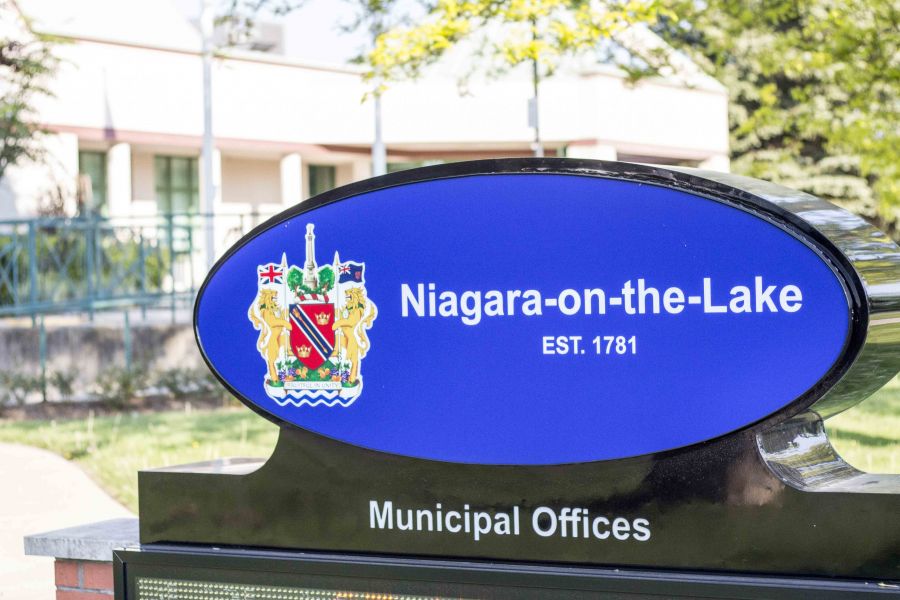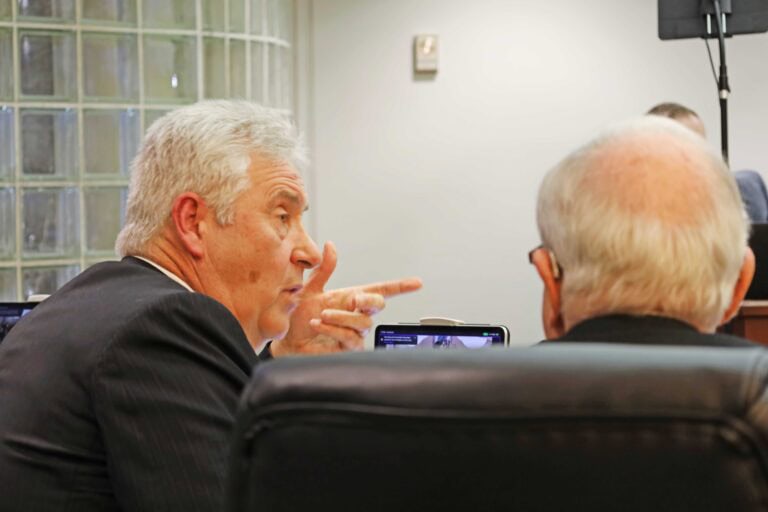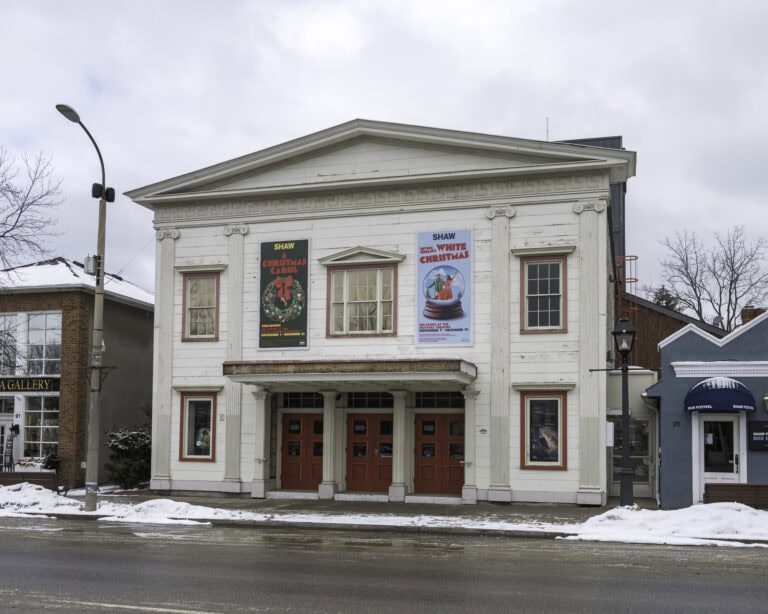The Town of Niagara-on-the-Lake's emergency control group has the power to decide if the records of its meetings can remain confidential or be released to the public, a leading expert on municipal law says.
The emergency control group, comprised mainly of senior town managers, has been in charge of many day-to-day decisions during the COVID-19 pandemic, including the controversial closing of Queen Street in Old Town. The group meets in private.
Toronto lawyer John Mascarin, who acts on behalf of a number of Niagara municipalities, said he was hesitant to comment on the specifics of NOTL's emergency group decision.
But he told The Lake Report that “unless mandated to have open meetings (as required for certain committees under the Municipal Act, 2001), a municipal emergency control group is at liberty to conduct its meetings as it considers appropriate and to make available such information as it deems necessary or desirable.”
“There are a host of competing interests involved with the discussions, debates and deliberations of such groups, ranging from openness and transparency on the one hand to the protection and security of sensitive information on the other,” he said.
Last week, The Lake Report reported that NOTL, like some other municipalities in Ontario, is keeping the records of its emergency meetings secret.
The documents, which are the official records of meetings that directly affect decisions made on behalf of the public and voters, are being kept in a binder in the lord mayor and CAO’s boardroom.
Councillors can access the documents, but only in person, and with strict rules that no copies can be made.
Ontario's ministry of municipal affairs refused to comment on the actions of NOTL's emergency control group.
“The ministry does not comment on specific cases,” said spokesperson Matteo Guinci.
“Records maintained by municipal emergency control groups are the responsibility of the municipality. We recommend you contact them for access or file an access request under the Municipal Freedom of Information and Protection of Privacy Act to the respective municipality.”
In other words, municipalities can choose to release the documents if they please and can make exclusions to that information.
Otherwise, a resident must file a freedom of information request to try to obtain access, but the documents could be redacted or the request could be denied.











